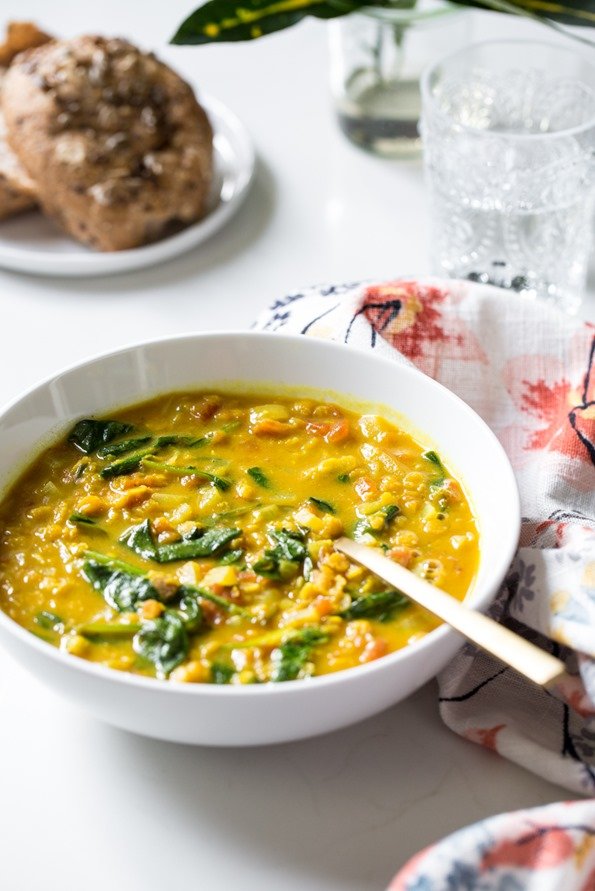Spice up your Health & Food with Turmeric.
Turmeric is a root that is also called Curcuma Longa. It’s often found in Indian, Nepali and Middle Eastern dishes, and there’s even a turmeric latte! If you use the root, you can slice, grind or chop it and add it to soups, stews or casseroles. The powder form of this delightful spice is easier to use, gives curry its yellow glow, and has a mild flavour that is a tad bitter with a peppery taste.
Beyond its fantastic flavour, turmeric has been used for thousands of years for its incredible medicinal properties. More than 10,000 published studies discuss the benefits of this spice and its use in healing diseases and illnesses.
There are compounds in turmeric called Curcuminoids, and the one with all the power is Curcumin. It is a potent anti-inflammatory and a powerful antioxidant.
Benefits
Helps control diabetes.
It helps maintain a balanced inflammatory response throughout the body, including in the joints, muscles, GI tract, liver, brain, eyes, and nerves.
It can reduce markers of inflammation and thus relieve osteoarthritis symptoms.
It can reduce “bad” LDL cholesterol and triglycerides and reduce the risk of heart disease.
It protects the liver against chronic liver damage.
It may reduce the activity of colon and other cancer cells.
It can reduce the growth of unhealthy bacteria.
It boosts the brain-derived neurotrophic factor, which has been linked to improved brain function and a lower risk of brain diseases.
Some Cautions
“Be especially cautious if you’re prone to kidney stones, take antidepressants, antibiotics, antihistamines, anticoagulants, cardiac medication, diabetes medication that lowers blood sugar, or chemotherapy treatments, or if you’re pregnant or breastfeeding, according to research published in the Journal of Ethnopharmacology. (18) Also, turmeric and curcumin limit iron absorption, so you may want to steer clear if you have an iron deficiency, warns past research. “ (19) Source.
When adding supplements to your health regime, ensure that you speak to a health professional such as your family doctor, functional medicine doctor or naturopath as they can provide the best advice about contraindications and which supplements work best for your specific health needs.
For cooking purposes, always aim to purchase high-quality herbs and spices. We buy all our herbs, spices, rice, legumes, flour and sugar from Penny’s Pantry in Picton. Penny is incredibly knowledgeable and only sells the best products. She also has an array of delicious soups, salads, stews, and other culinary delights for takeout.
I recommend experimenting with turmeric in dishes, but remember that it doesn’t absorb well into the bloodstream. Using it occasionally in food is unlikely to give you the desired anti-inflammatory and antioxidant benefits.
Turmeric Recipes
To obtain the benefits, you will need to take a daily supplement and find a product with BioPerine (the trademarked name for piperine), which is the substance that enhances Curcumin absorption by 2,000%.
I’ve been taking a Turmeric/Curcumin supplement for a number of years and have found that I have less joint pain and my mild cognitive impairment (MCI) has remained stable.
Enjoy the recipes and consider trying this supplement.
Be Well.
Anita
Resources
1. Healthline
DISCLAIMER; The information provided on County Yoga Loft’s website blog is for general health care informational purposes only. All information on the site is provided in good faith. However, it should not replace consultation or advice from physicians and other healthcare practitioners. The use or reliance of any information on this site is solely at your own risk.




